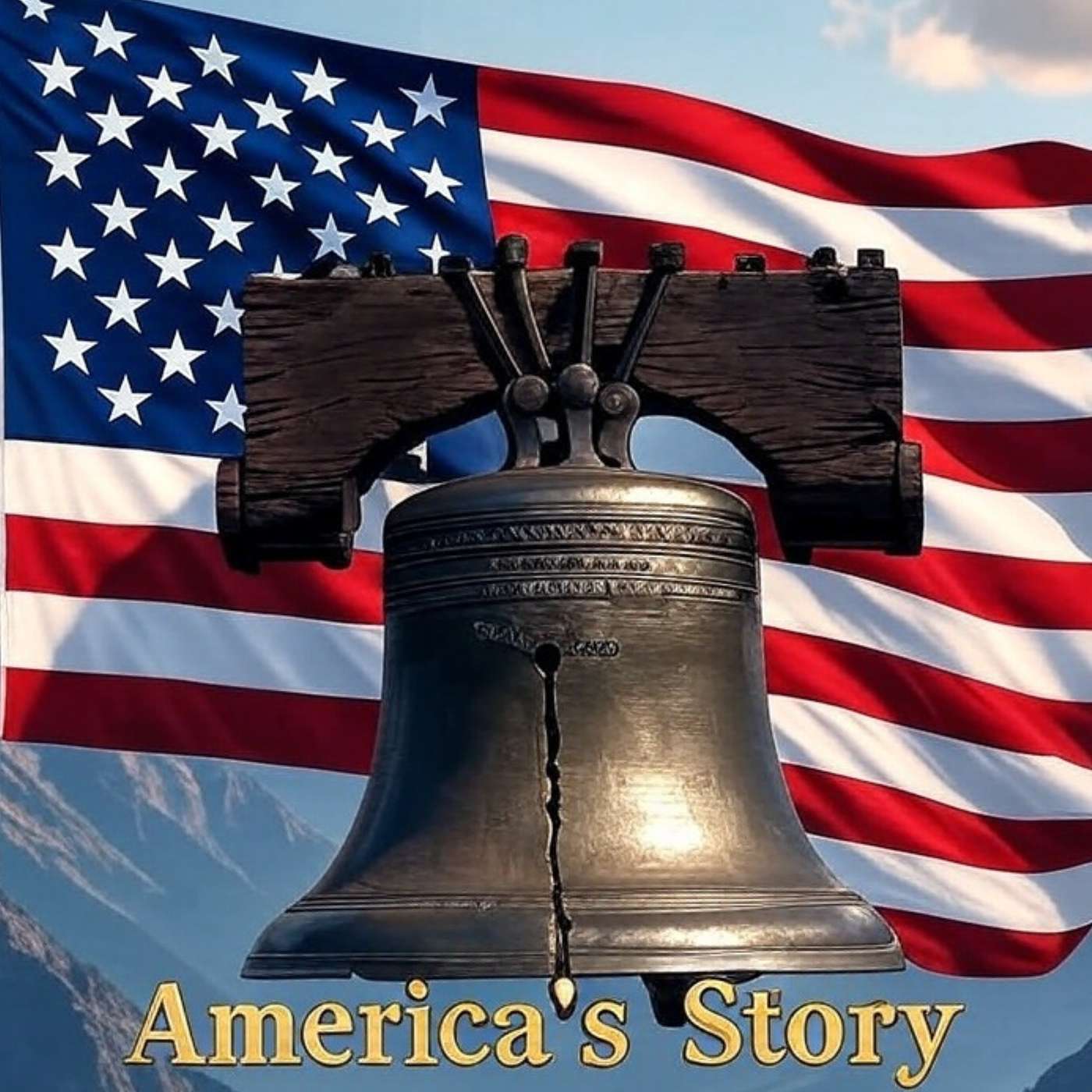LM#68--When Losers Win The Textbook: Memory, Power, And Truth
Description
FAN MAIL--We would love YOUR feedback--Send us a Text Message
A battlefield victory does not guarantee control of the story. We trace how the Confederacy lost the war but captured American memory through textbooks, monuments, and movies, turning slavery into “states’ rights,” treason into tragic romance, and Robert E. Lee into a spotless icon. Using the secession documents themselves, we dismantle the core claims of the Lost Cause and show how Reconstruction briefly expanded freedom before a campaign of terror shut it down.
We walk through the quiet mechanics of narrative power: Northern leaders prioritized reconciliation over enforcement, Southern school boards formed an effective textbook cartel, and publishers chased the larger market with softened editions. Civic groups and Hollywood sealed the myth, from donated schoolbooks and bronze statues to Birth of a Nation and Gone with the Wind. The result wasn’t just bad history—it was policy permission for Jim Crow, a blank space where Black history should have been taught, and a culture that treated armed defiance of federal law as debatable theater.
There’s a way forward. We point to the three forces that finally cracked the legend—the civil rights movement, an academic insurgency led by historians like James McPherson, Eric Foner, and Gary Gallagher, and mass media that centered slavery rather than sidestepping it. Then we offer concrete steps: read primary sources such as secession ordinances and Alexander Stephens’s cornerstone speech, audit local curricula for evidence-based accounts, and update monument plaques to tell the whole truth. If unused power is surrendered power, then the antidote is active, public truth-telling.
Key Points from the Episode:
• the secession documents centering slavery, not abstract states’ rights
• early Confederate advantages versus strategic failure myths
• Robert E. Lee’s record and theology of bondage
• Reconstruction’s gains and the terror that ended it
• textbook markets, UDC influence, and Hollywood’s role
• measurable harms: Jim Crow, lynching, erased Black history
• the three breaks: civil rights, academic insurgency, mass media
• practical steps: read primary sources, audit curricula, update plaques
Other resources:
Want to leave a review? Click here, and if we earned a five-star review from you **high five and knuckle bumps**, we appreciate it greatly!







